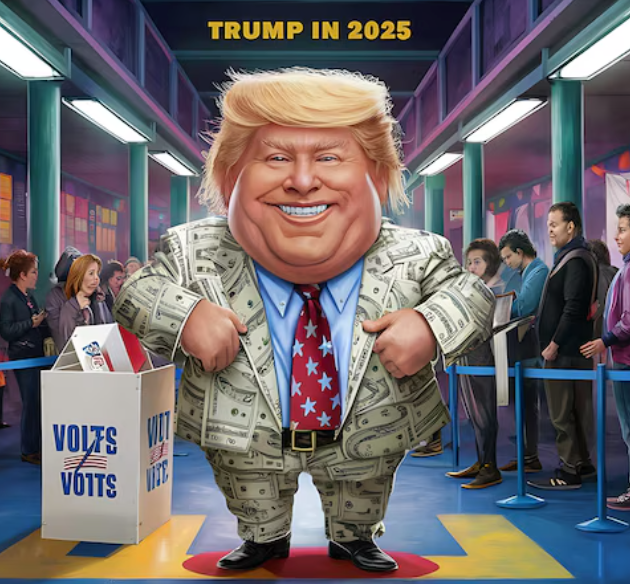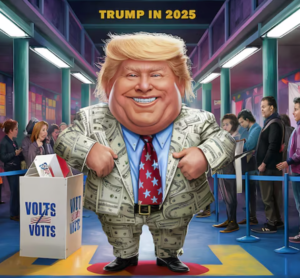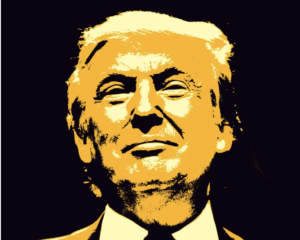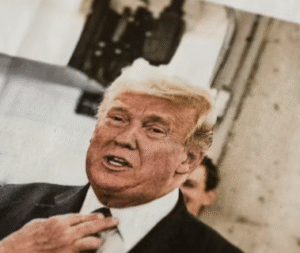$SPY $DIA $QQQ #TrumpTariffs #TradeWar #USPolitics #GlobalTrade #EconomicPolicy #Lighthizer #WallStreet #CabinetShuffle #Election2024 #USChinaRelations
The recent buzz around former President Donald Trump’s intentions regarding tariffs, particularly on China, has sparked a significant amount of speculation and concern among investors and political analysts alike. According to a Wall Street firm, after a series of meetings with the ex-trade chief Robert Lighthizer, it’s become evident that should Trump reclaim the White House, a swift imposition of tariffs could be on the horizon. Lighthizer, who served as the U.S. Trade Representative during Trump’s first term, has been identified as a key figure and a likely candidate for several potential Cabinet positions in a future Trump administration. His previous tenure was marked by a staunchly protectionist stance, particularly towards China, which reshaped U.S.-China trade relations and had far-reaching implications for global trade dynamics.
The anticipation of Trump’s aggressive trade policies returning has sent ripples through Wall Street, prompting investors and businesses to recalibrate their expectations for international trade and market stability. Trump’s initial tenure was characterized by a series of tit-for-tat trade wars, primarily with China, which disrupted global supply chains, affected stock markets, and created a climate of uncertainty for international businesses. The prospect of revisiting such policies has therefore raised concerns among stakeholders across various sectors, who are wary of the potential economic fallout that could ensue.
Regarding Robert Lighthizer’s potential return to a Cabinet role, his track record of favoring tariffs as a tool to correct perceived trade imbalances and protect American industries gives a clear indication of the policy direction a second Trump administration might take. His approach, predicated on the belief that stringent measures against trading partners would lead to more favorable trade deals for the United States, has both critics and proponents. Supporters argue that such policies are necessary to safeguard American jobs and industries from unfair competition, while critics counter that tariffs ultimately hurt domestic consumers and businesses by raising prices and disrupting international supply chains.
As the 2024 presidential election approaches, the possibility of Trump’s return to office and the subsequent implementation of swift and significant tariff measures will undoubtedly remain a hot topic of discussion. For investors and businesses alike, the potential for a resurgence in protectionist trade policies underlines the importance of strategic planning and risk management. Moreover, the global economic landscape, still reeling from the impacts of the COVID-19 pandemic and geopolitical tensions, could face further challenges if the U.S. once again adopts a confrontational stance on trade. Thus, monitoring developments in this area will be crucial for stakeholders seeking to navigate the uncertainties of global commerce and investment in the coming years.







Comments are closed.